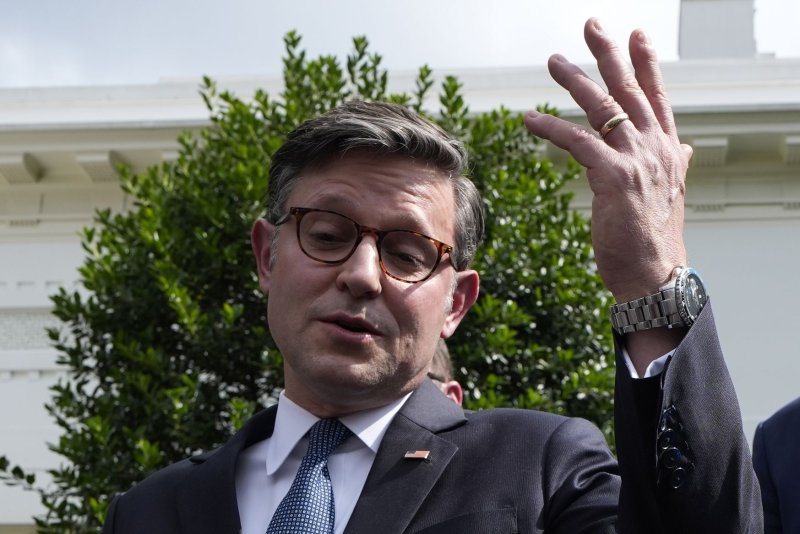In a dramatic late-night vote that could reshape the future of U.S. public broadcasting and global health efforts, the House of Representatives passed a sweeping $9.4 billion cuts package—nicknamed the “DOGE cuts”—by a razor-thin margin of 214–212.

Backed by former President Donald Trump and pushed forward by GOP leadership, the bill claws back previously approved federal spending and now moves to a closely divided Senate.
House GOP Edges Out $9.4 Billion DOGE Cuts by a Single Vote
| What’s Changing | Stat |
|---|---|
| Public media at risk | $1.1B cut to PBS, NPR & local affiliates |
| Global health threat | $8.3B cut from foreign aid including HIV/AIDS relief |
| Vote margin | Passed by 2 votes, 214–212 |
The House’s passage of the DOGE cuts is a clear marker of where fiscal conservatism meets real-world consequences. Whether it becomes law now depends on a few key senators—and the millions of lives their vote could affect. Stay tuned. July 18 is closer than it seems.
What Are the DOGE Cuts?
“DOGE” stands for “Defunding Outdated Government Expenditures,” a rescission plan developed under the Trump-aligned fiscal framework known as the “One Big Beautiful Bill.” The newly passed package takes direct aim at:
- $8.3 billion in foreign aid, including funds supporting HIV/AIDS relief through PEPFAR (the President’s Emergency Plan for AIDS Relief).
- $1.1 billion from the Corporation for Public Broadcasting, which helps fund PBS, NPR, and hundreds of local stations across the country.
Republican leaders, including House Budget Chair Rep. Jodey Arrington (R-TX), hailed the vote as a win for taxpayers. “Why should Americans fund foreign handouts and public TV that doesn’t represent their values?” he said in a post-vote presser.
“Cruel and Unnecessary”—Democrats Slam the Cuts
Democratic House Leader Hakeem Jeffries blasted the bill, calling it “cruel and unnecessary,” with major implications for underserved communities.
“These cuts jeopardize life-saving HIV treatments and attempt to dismantle public broadcasting—institutions that millions rely on,” Jeffries said on the House floor. He added, “Apparently, cruelty is the point.”
The sentiment was echoed across progressive and moderate circles. Rep. Rosa DeLauro (D-CT) warned that the rollback of PEPFAR could cause “an HIV resurgence in the Global South,” undoing two decades of bipartisan success.
Why Did It Pass by Just One Vote?
It all came down to two Republican holdouts—Reps. Nick LaLota (NY) and Don Bacon (NE)—who initially opposed the bill but flipped under pressure from leadership and conservative donor networks.

The narrow margin has fueled concern about political polarization and the fragility of bipartisan budget commitments. “When even lifesaving programs are up for grabs, it says a lot about our priorities,” said Maya Harris, a former Obama policy advisor.
As someone who’s worked in public radio, I’ve seen firsthand how crucial CPB funding is—especially for small stations serving rural and underserved communities. Cuts like these don’t just trim budgets; they silence vital voices.
What Happens Next?
The bill now heads to the Senate, where only a simple majority is needed to pass. Because it’s a rescission bill under the 1974 Budget Act, it can’t be filibustered.
However, several Senate Republicans, including Susan Collins (R-ME) and Lisa Murkowski (R-AK), have expressed reservations—particularly over the HIV/AIDS and media cuts. The Senate has until July 18 to act. If it does nothing, the rescissions expire automatically.
Senate Majority Leader John Thune (R-SD) said the chamber may “consider amendments,” signaling a possible softening of the House version.
What’s at Stake for Americans?
If the Senate ratifies the bill as-is, the U.S. could see:
- Public TV and radio stations shuttered—especially in rural areas.
- Major cutbacks in global HIV/AIDS programs, threatening treatment for millions.
- Precedent for more rescissions, with additional DOGE packages reportedly in the works.
From a governance perspective, rescinding previously approved funding is rare. This move marks a bold—and controversial—shift in how budget surpluses and discretionary aid are handled.






